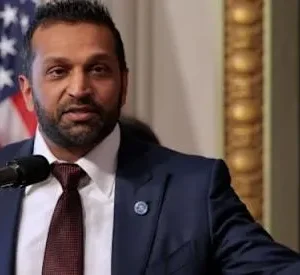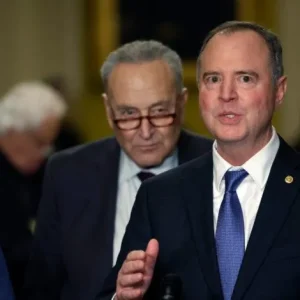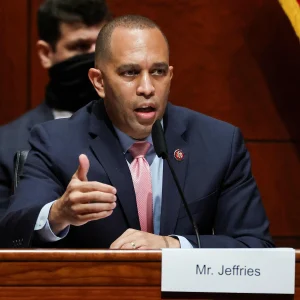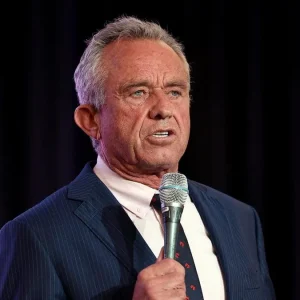The recent decision by the Department of Homeland Security (DHS) to revoke Harvard University’s foreign student visa program has sent shockwaves through academic and diplomatic communities alike. This unprecedented move affects thousands of international students and signals a dramatic escalation in the federal government’s oversight of higher education institutions, particularly those with significant global profiles. While details of the revocation are still emerging, the implications are already profound—raising questions about academic freedom, immigration policy, and the role of universities in a rapidly globalizing world.

According to DHS statements, the action stems from alleged “systemic violations” of the federal regulations governing the Student and Exchange Visitor Program (SEVP), which allows U.S. institutions to sponsor foreign nationals for study. While the agency has not released the full investigative findings, officials cited concerns over visa mismanagement, insufficient student oversight, and a failure to maintain compliance with SEVP reporting protocols. Harvard, in response, has strongly denied any wrongdoing and announced its intention to appeal the decision and pursue legal remedies
For Harvard’s administration, faculty, and most importantly its international student body, the revocation presents both immediate and long-term challenges. Over 20% of Harvard’s student population consists of foreign nationals, many of whom are in the United States on F-1 student visas administered through the now-suspended program. Without this certification, the university cannot issue new visas or maintain existing ones for affected students. The situation places thousands of academic careers in limbo, potentially forcing students to leave the country mid-degree, delay their studies, or transfer to other institutions—if such transfers can be arranged at all.
Beyond the personal toll on students, the decision has stirred concerns about political motivations and broader policy shifts. Critics argue that this move reflects an increasingly adversarial posture by federal authorities toward elite academic institutions, particularly those perceived as liberal or internationalist in outlook. Some suggest the revocation is part of a broader attempt to curtail foreign influence in American research and higher education—a concern that has grown in recent years, particularly with regard to students from China, Iran, and Russia.

Legal experts note that while DHS does have the authority to decertify institutions from the SEVP program, it is exceedingly rare for such action to be taken against a school as prominent and well-resourced as Harvard. Typically, visa violations are addressed through warnings, compliance audits, or fines—not complete revocation. This has led some observers to question whether the punishment is proportionate to the alleged infractions, or whether it serves another purpose: signaling a tougher stance on immigration and a narrower vision of American academic openness.
University officials, meanwhile, are scrambling to provide alternatives and support for affected students. Emergency legal clinics have been set up on campus, while administrators work with other universities and consulates to facilitate temporary solutions. In a statement to the Harvard community, President Claudine Gay described the decision as “an assault on the ideals of higher education,” pledging to fight vigorously to restore the university’s standing. She emphasized that Harvard “remains committed to being a global institution and a haven for academic exchange, no matter the political climate.”
International reaction has been swift. Embassies from several countries have issued advisories to their citizens studying in the U.S., warning of increased scrutiny and potential policy instability. Education ministries in countries such as India, South Korea, and Germany have expressed concern over the precedent set by the DHS decision, which they fear could ripple across other institutions. At the same time, advocacy groups and educational associations within the United States are mobilizing. The American Council on Education, for example, has called for immediate congressional hearings into the matter, warning that the move undermines the credibility and competitiveness of American higher education globally.
Indeed, the broader implications are difficult to overstate. International students contribute billions of dollars annually to the U.S. economy and enrich the academic environment with diverse perspectives. They often go on to become innovators, entrepreneurs, and global ambassadors of American values. For decades, the U.S. has been the top destination for international study, in large part because of its welcoming policies and the prestige of institutions like Harvard. If such policies are reversed, even selectively, the long-term reputational damage could be considerable.
Yet there is also a domestic political angle. The move has been praised by some lawmakers and advocacy groups who argue that foreign student programs are too loosely regulated and potentially exploited. They view the revocation as a long-overdue enforcement measure, ensuring that immigration laws are not bent in service of academic elitism or corporate research agendas. This perspective, while not dominant in higher education circles, resonates with segments of the electorate that view globalization and immigration with skepticism.
As legal battles loom and the appeals process begins, all eyes will remain fixed on what comes next. Harvard’s case could set a precedent that either reaffirms or redefines the balance of power between the federal government and educational institutions. For international students—and for the idea of American academia as a global commons—the stakes could not be higher.






